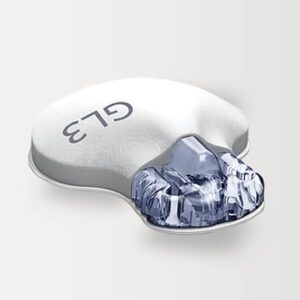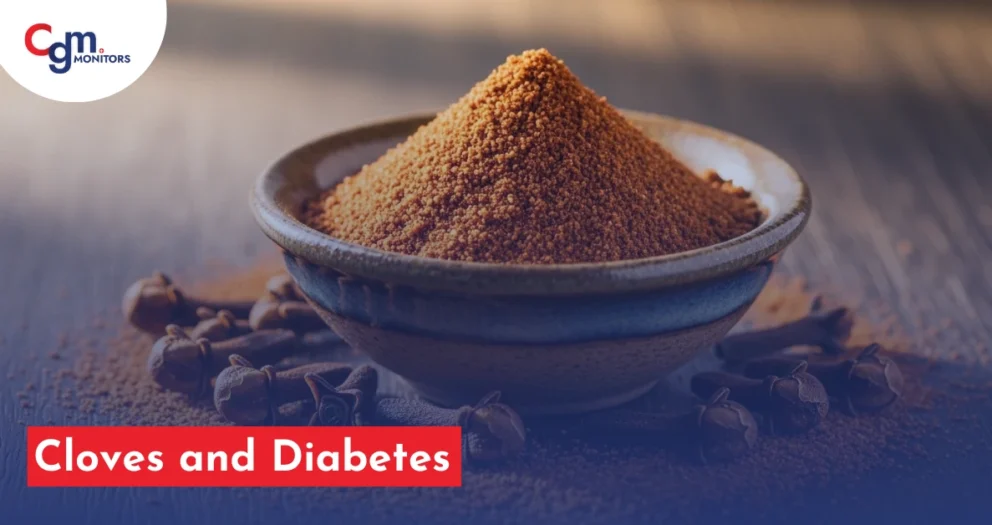Diet Soda and Diabetes: What You Need to Know

In the quest to manage diet soda and diabetes, many people turn to diet sodas as a way to enjoy a sweet-tasting beverage without the sugar and calories of regular soda. While diet sodas are often marketed as a healthier alternative, their effects on diabetes and overall health can be complex. In this blog, we’ll delve into the impact of diet soda and diabetes, examine potential benefits and risks, and offer guidance on making informed choices.
Understanding Diet Soda
Diet sodas are artificially sweetened beverages designed to provide the sweet taste of soda without the added sugars and calories. They typically use artificial sweeteners like aspartame, saccharin, or sucralose. For those with diabetes, these sweeteners seem like a logical choice to avoid blood sugar spikes. However, the relationship between diet soda and diabetes is not as straightforward as it might appear.
No Sugar, No Blood Sugar Spikes:
One of the main attractions of diet soda and diabetes is that it doesn’t contain sugar, which means it doesn’t directly impact blood glucose levels. This can make it a tempting option for those who crave a fizzy, sweet drink without the risk of spiking blood sugar. You can monitor your blood glucose level continuously with CGM Devices that are available on our website at https://cgmmonitors.com/
Calorie Control:
Diet sodas are calorie-free, which can be beneficial for weight management. Maintaining a healthy weight is crucial for managing diabetes, and replacing sugary drinks with diet soda might help some people reduce their overall caloric intake.
Potential Risks and Concerns
Metabolic Effects:
Some research suggests that artificial sweeteners may have unintended metabolic effects. Studies have shown that they can potentially disrupt the body’s ability to regulate blood sugar and may be associated with an increased risk of metabolic syndrome and type 2 diabetes, though results are mixed and more research is needed.
Increased Cravings:
There is evidence that artificial sweeteners may lead to increased cravings for sweet and high-calorie foods. This could potentially result in consuming more unhealthy foods overall, which can negatively impact blood sugar control and weight management.
Gut Health:
Emerging research indicates that artificial sweeteners might affect gut microbiota. A disrupted gut microbiome can impact metabolism and insulin sensitivity, which could have implications for diabetes management.
Psychological Effects:
Some studies suggest that the consumption of diet soda might be linked to a sense of dietary freedom that could lead to overeating in other areas. This phenomenon, known as the “compensatory eating effect,” could offset the benefits of choosing a diet soda over a regular one.
Guidance for Consuming Diet Soda
Moderation is Key:
If you choose to drink diet soda, moderation is essential. A small amount can fit into a balanced diet, but relying on it as a regular beverage may not be the best choice for overall health.
Monitor Your Body's Response:
Pay attention to how diet soda and diabetes affect your cravings, appetite, and blood sugar levels. If you notice any adverse effects, consider adjusting your consumption. Monitor your blood glucose level with CGM Devices that are available on our website at https://cgmmonitors.com/
Consider Alternatives:
Water, herbal teas, and flavored sparkling water can be refreshing alternatives without the potential drawbacks of artificial sweeteners. Infusing water with fruits or herbs can also add natural flavor without added calories or sweeteners.
Consult Your Healthcare Provider:
As with any dietary change, it’s wise to discuss your choices with your healthcare provider or a registered dietitian. They can offer personalized advice based on your individual health needs and diabetes management goals.
Conclusion
While diet soda and diabetes might seem like a convenient choice for those with diabetes looking to satisfy a sweet craving without affecting blood sugar levels, it’s important to weigh the potential benefits against the risks. Research on the long-term effects of artificial sweeteners is ongoing, and individual responses can vary. By approaching diet soda consumption with moderation and mindfulness, and by exploring healthier beverage options, you can make informed decisions that support both your diabetes management and overall well-being.













Write a comment
Your email address will not be published. All fields are required